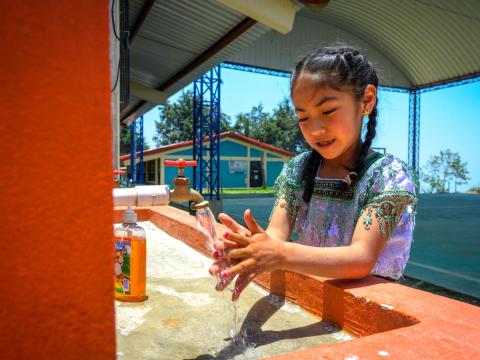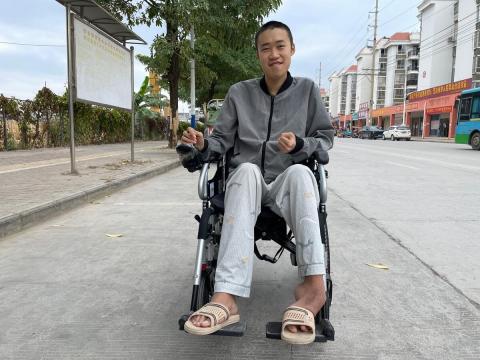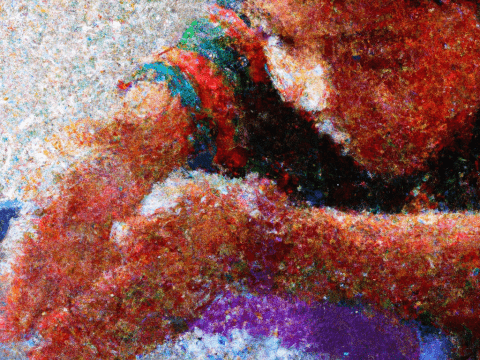
Gender equality, social inclusion, and WASH: How the picture comes together
Water, sanitation and hygiene experts Nobuhle and Kristie reflect on the art of ensuring WASH programmes promote equal and inclusive access, decision-making, participation, and well-being of the most vulnerable
Pointillism is a painting technique that involves using small strokes or dots of colour to create a larger picture. When you stand close to a painting created using this technique, all you can see are many individual colours, but, as you step away, you see how they come together to create a beautiful picture.

This technique is not dissimilar to how we should look at Gender Equality and Social Inclusion (GESI) transformative Water, Sanitation and Hygiene (WASH) within WASH programmes.
GESI transformative WASH, like pointillism, requires a balance of perspectives, the ability to hold the small picture and the big picture at the same time. We must consider the uniqueness of the individual – their context, preferences, gifts, and challenges. This is why inclusion matters in all aspects of design. We must consider the impact on and contribution of the individual.
GESI transformative WASH also requires focus on the relationship between the individual and the collective. Each person, whether a staff person, a community member, or government official, contributes to the larger whole.
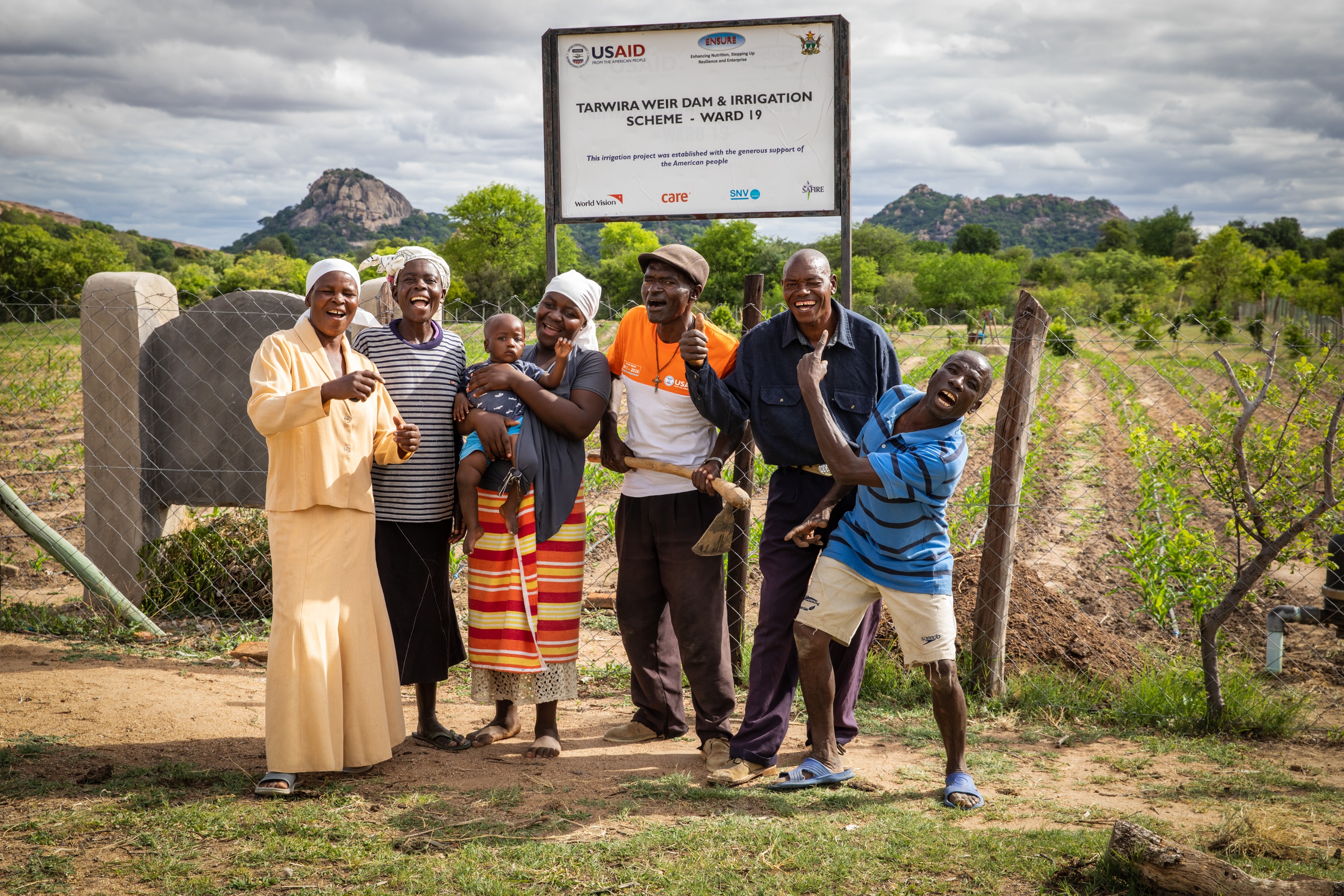
In October, at the Water and Health Conference at the University of North Carolina, we had the opportunity to collaborate with CARE and with Emory University to lead a session focusing on transformative WASH. We heard of some ways in which we are seeing the picture of GESI transformative WASH coming together.
- Change in practitioner perspective: Though we measure programme impact at the community level, the capacity, knowledge and mindset of practitioners is paramount to ensure that our interventions are intentionally GESI transformative from design to implementation to measurement.
- Importance of including all: There are two key principles here: “leave no one behind” and “do no harm”. As we address gaps, we do not want to create new ones. A successful GESI transformative WASH program needs to consider the meaningful inclusion of representatives of marginalised groups as well as those who have typically held more power and privilege (such as men). If not, we risk violating these principles.
- Applying a systems-level approach: The principle of systems thinking embodies the balance of the small and big picture. How can we more intentionally design programmes to address the gaps at the individual, community and societal levels? How well do existing systems ensure access, decision-making, and participation of individuals in WASH issues to improve their well-being? How well do we integrate government stakeholders to ensure WASH systems are GESI transformative at all levels?
While it can be easy to discuss these principles in a theoretical way, we must understand how they apply in the real world. In my (Nobuhle) country, our WASH programme is leaning into GESI transformative WASH in our day-to-day work. World Vison describes GESI as “a multi-faceted process of transformation that promotes equal and inclusive access, decision-making, participation, and well-being of the most vulnerable through provision WASH services. It further transforms systems, social norms and relations to enable the most vulnerable to participate in and benefit equally from WASH related interventions. This aims to build individual and collective agency, resilience and action and promotes the empowerment and well-being of vulnerable children, their families and communities.
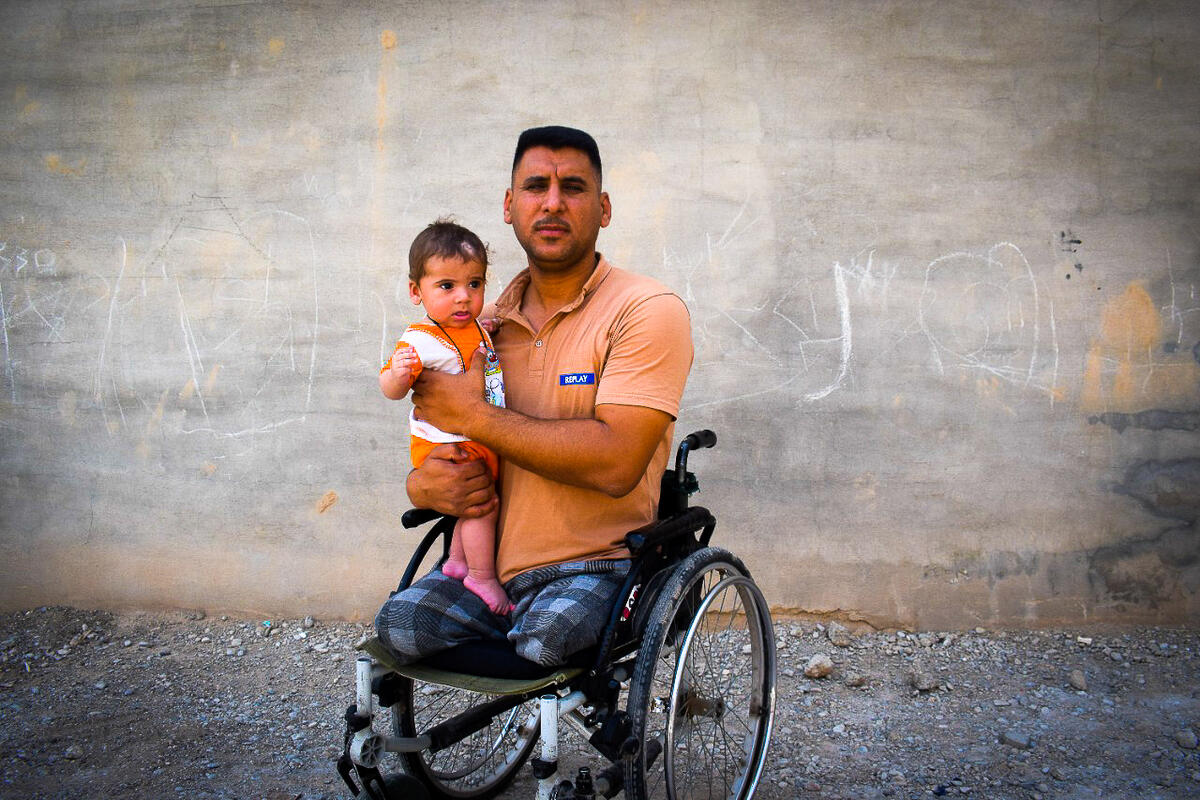
In WASH, we must ensure that we keep this balanced focus in mind and operate in a way that validates and reinforces the dignity, capability and worth of each individual, and connects that individual value to contribute to thriving communities and societies.
In World Vision Zimbabwe, our focus has been to ensure WASH access to the most vulnerable communities. We have recognised, however, the importance of going beyond access to address remaining gaps. We ask ourselves:
- How well do we intentionally design our WASH projects to go beyond access?
- How well do we leverage our investment in WASH to ensure that girls and boys, women and men are empowered to improve their own lives and make decisions on issues that affect them?
- Through our work with World Vision Zimbabwe, we have learned three key principles that can inform any programme that seeks to be GESI transformative:
- Emphasising transformed mindsets is critical to sustainability. We are implementing World Vision’s Empowered Worldview approach, which greatly contributes to the sustainability of our work, and which significantly promotes empowerment of the communities.
- Prioritising integration with other sectors, like economic empowerment, education and child protection, ensures that we go beyond mere WASH access to intentionally bridge the gaps in empowerment.
- Focusing on learning and research enables implementers to intentionally and appropriately design programs to address the issues identified through research. Through research we also grow our capacity as expertise.
As we reflect on the success of our current business plan, and look toward the future of WASH at World Vision, we are preparing for our next five-year business plan, which will carry us from 2026 through 2030 – which is also the deadline for the Sustainable Development Goals (SDGs). We are starting to explore how we can go further -- redefining our priorities and standards in WASH programmng. World Vision’s global and local WASH teams will be coming together with partners over the coming months to shape this vision and focus. This will include going even further in our focus on WASH programs that are GESI transformative, working to see the picture become even clearer as we continue to balance our focus on individual transformation and significant scale.
To learn more about World Vision’s WASH work click here
Nobuhle Mlotshwa, is WASH Coordinator and leader of the Strong Women Strong World: Beyond Access program in Zimbabwe. Kristie Urich is WASH Technical Director at World Vision United States.
